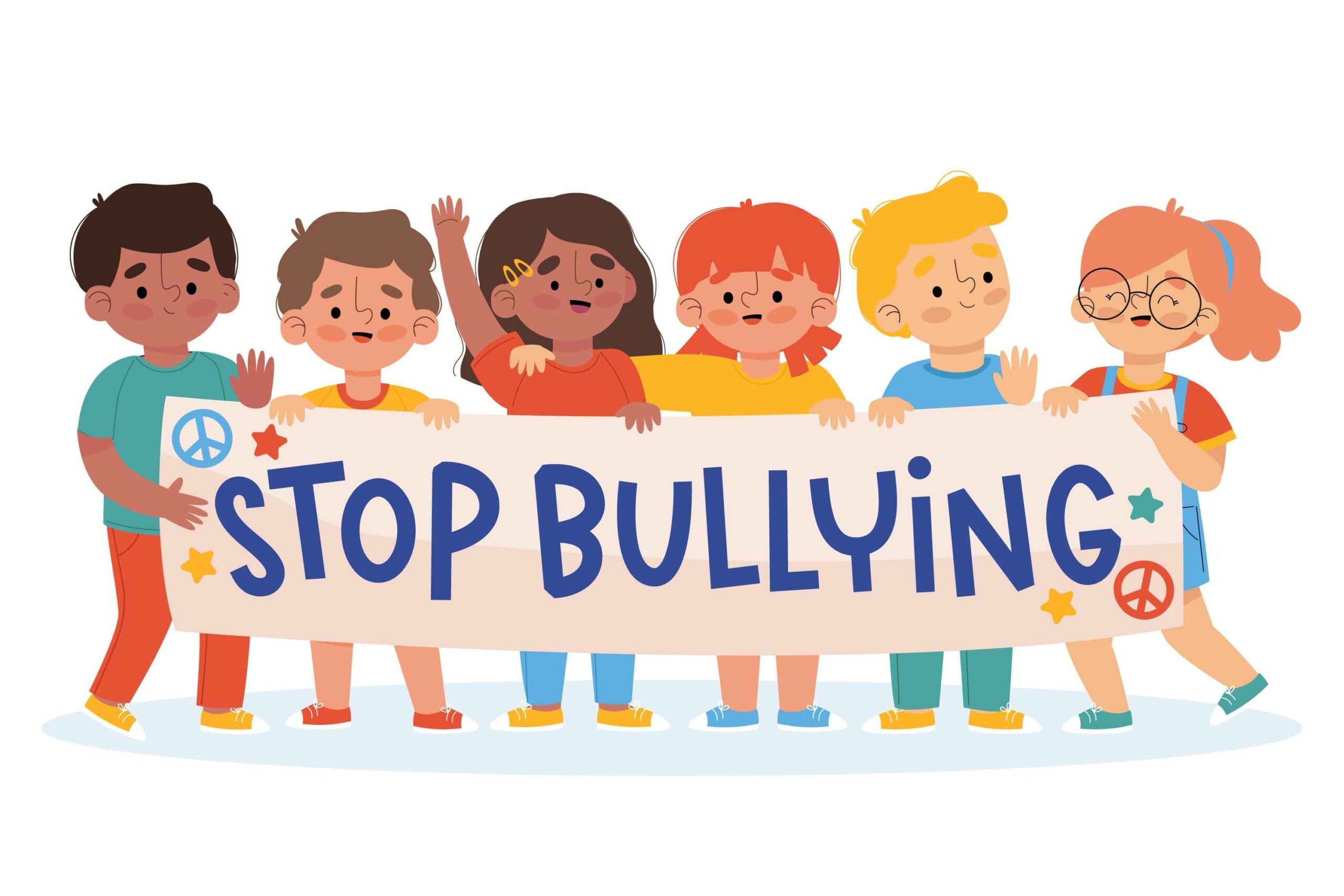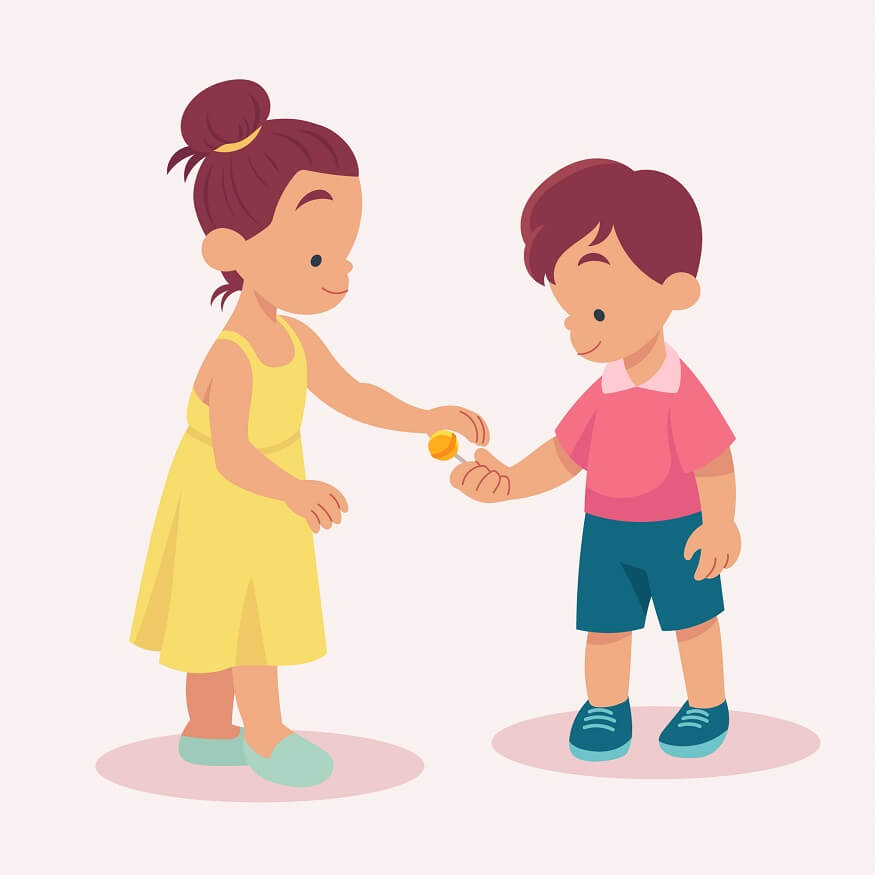Ethics and values School education involves teaching children the ideas and characteristics that will guide their behaviour and decision-making. It promotes moral principles such as honesty, respect, responsibility, equality,...
In today’s complicated and fast-changing environment, it is critical to increase student participation and resilience. Student involvement refers to their active participation and engagement in academic, extracurricular, and social...
Peer pressure is the phenomenon where an individual feels ‘pressured’ into doing something purely because most others in the peer group are doing the same. Peers are typically those...
Introverted children are more reserved, quiet, and mindful of their behaviour and choices. They often prefer to spend time alone and may find social engagements exhausting or stressful. Introverted...
A teenager meltdown is a sudden and intense emotional outburst that can be caused by a variety of factors, such as stress, anxiety, frustration, or anger. Teenagers who have...
Teenage stress refers to the tension, anxiety, or pressure that adolescents experience due to various physical, emotional, and social changes happening during this phase of life. Teenagers often face...
Bedwetting, medically known as nocturnal enuresis, is a common condition often seen in children but can also affect individuals across all age groups. It refers to the involuntary passing...
Children who are patient are those who can’t wait for what they want or need without becoming agitated, restless, or acting inappropriately. Additionally, it refers to their ability to...
Bullying in children refers to repeated aggressive behaviour that is intentional and involves a power imbalance between the child who bullies and the child who is targeted. It typically...
Sharing with others is important, and it is only helpful for their development if children know and imbibe this. Sharing is a crucial ability that promotes teamwork, empathy, and...












